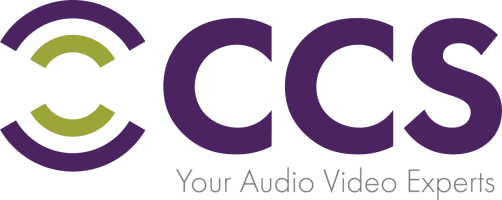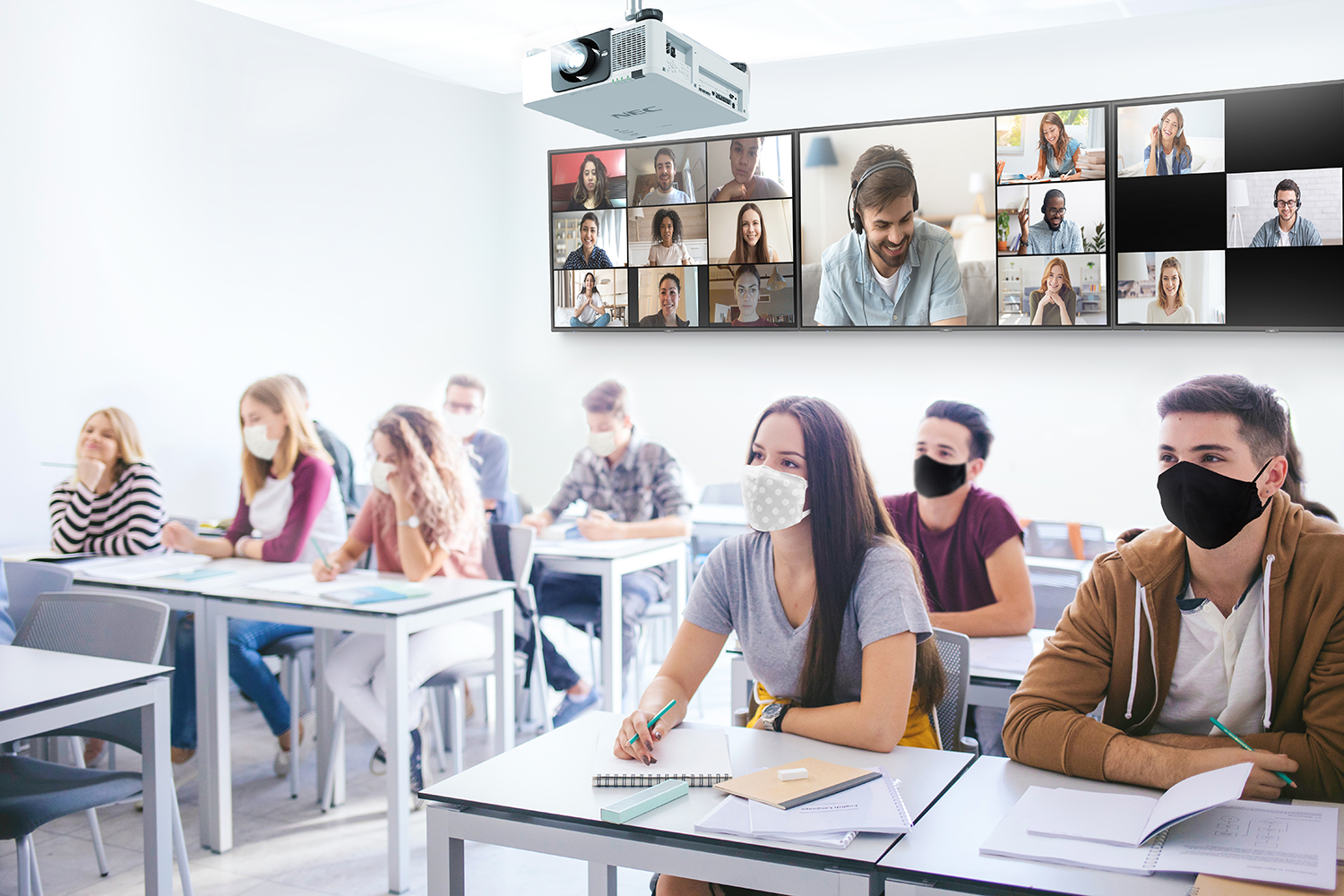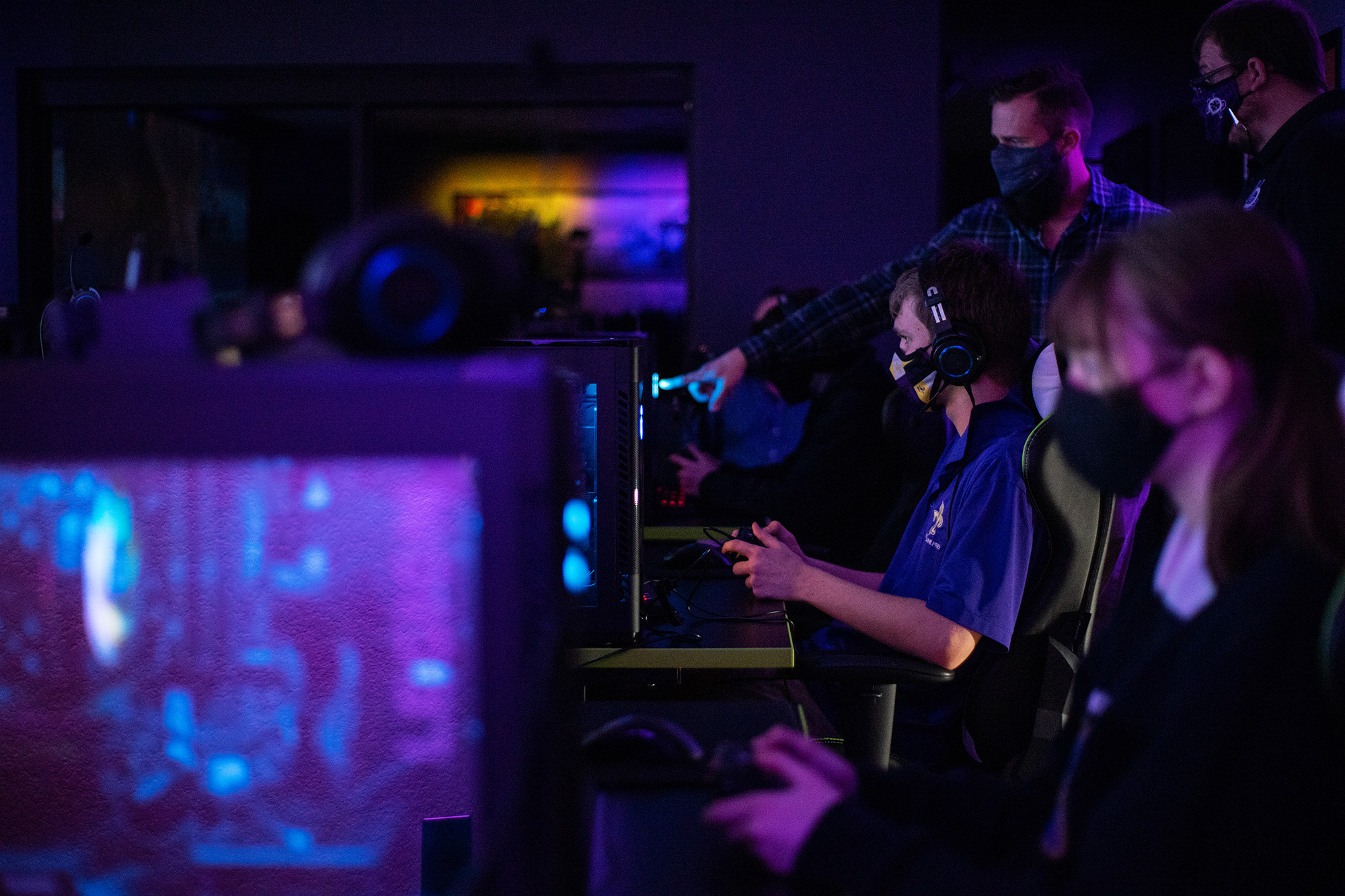Today’s teachers know that teens and college-aged students learn better when the methods of learning are immediately adaptable to the student’s custom levels. If a teacher asks teens to read a chapter from a textbook or move through a multimedia documentary based on the same subject, which method do you think they might prefer?
Cutting edge technology used in the classroom is helping to foster innovative ideas and learning methods by students. With more school budgets opening up to new technologies, the speed of digital displays, integrated control systems and other audio-visual solutions moving into the classroom is gaining momentum.
In fact, in New Jersey last week, digital momentum was the theme of the New Jersey Association of Education Technology conference. One of the school superintendents there talked about how “Learning not only happens in the classroom but … everywhere, at all times. We’re not time-bound, we’re not space-bound, we’re not location-bound. That is the beauty of digital momentum.”
Colleges and universities are seeing advantages that these in-class technologies are having. Various types of audio-visual equipment, from digitally integrated lecterns to classroom control systems, to widescreen classroom video displays, are the types of education-based learning tools that are helping to transform modern classroom education.
But while the technology is there, there still exists some unrest in the minds of educators and administrators about the urgent need for A/V equipment in the classroom. Are we destroying the act of learning, they ask? No, not really, they have only to look at a few of the distinct advantages from digital capabilities in the classroom.
– Digital Library in your backpack: One of the main advantages for all students is the elimination of textbooks from children’s backpacks, in favor of ebooks on laptops or tablets. Not only does it eliminate students’ harmful shoulder and back strains from carrying 10-30 pounds one’s backs daily, but it’s just simply far easier to log in to a laptop, tablet or similar device for the lesson and subject matter.
– Classroom tutorials via video or audio: Today’s teachers are educating their students using a mix of digital technologies designed for higher education audio-video solutions. Many college professors are operating with a personal laptop, hooked up to an integrated controls system or university network, and showing digital media onto a SMART Board or similar interactive display. Rapid advancements in digital displays are allowing for easier teaching of complicated material using video, games and documentaries.
– Student learning of digital processes: While students prepare work in groups and teams (just like in the real world), using digital collaboration tools can help them better understand the processes that real life workers use in tackling multi-million dollar projects. From collaborative services to cloud storage capabilities, using digital platforms in the educational environment can be a bonus for students as they move toward graduation.
Schools, teachers and students are coming together to join the technology revolution in the classroom, using video conferencing, A/V systems and digital signage. The revolution is upon us. For more information, visit CCS Presentation Systems at https://ccsmidatlantic.com.



